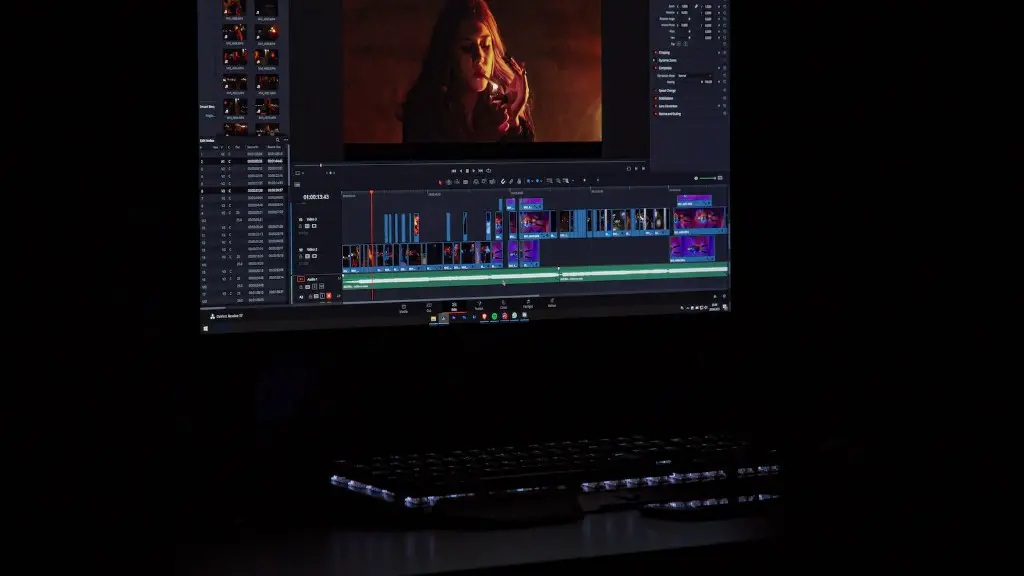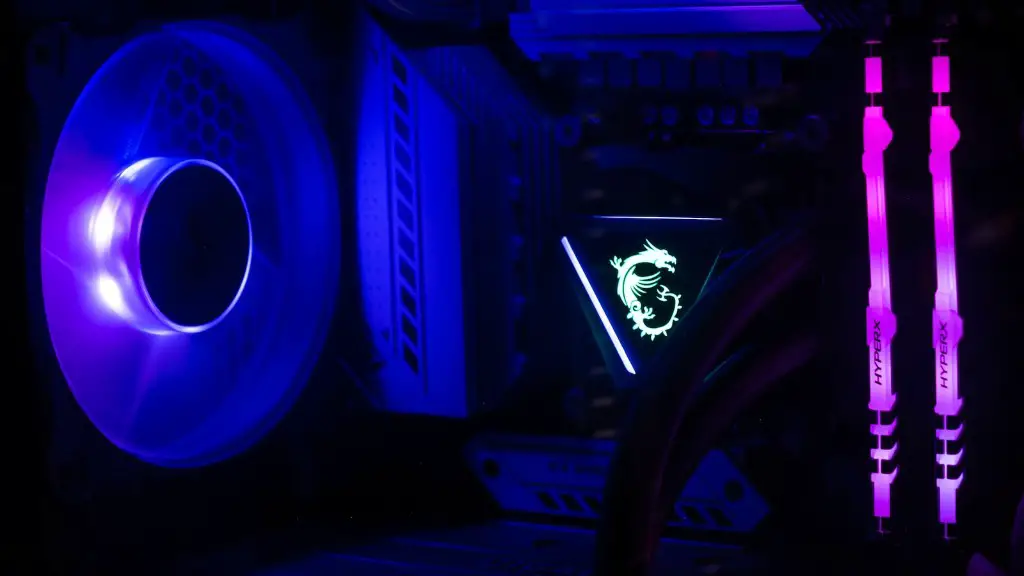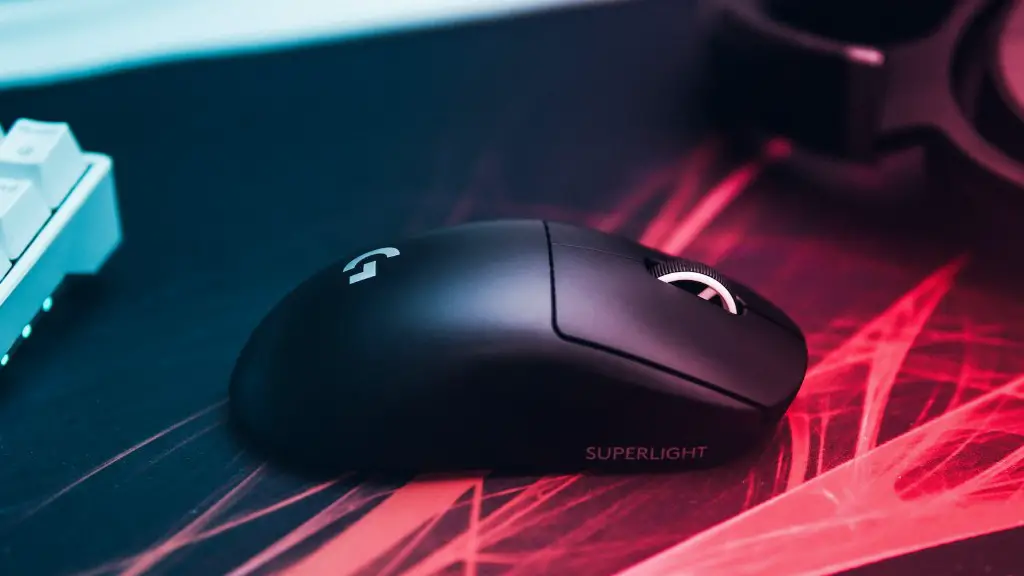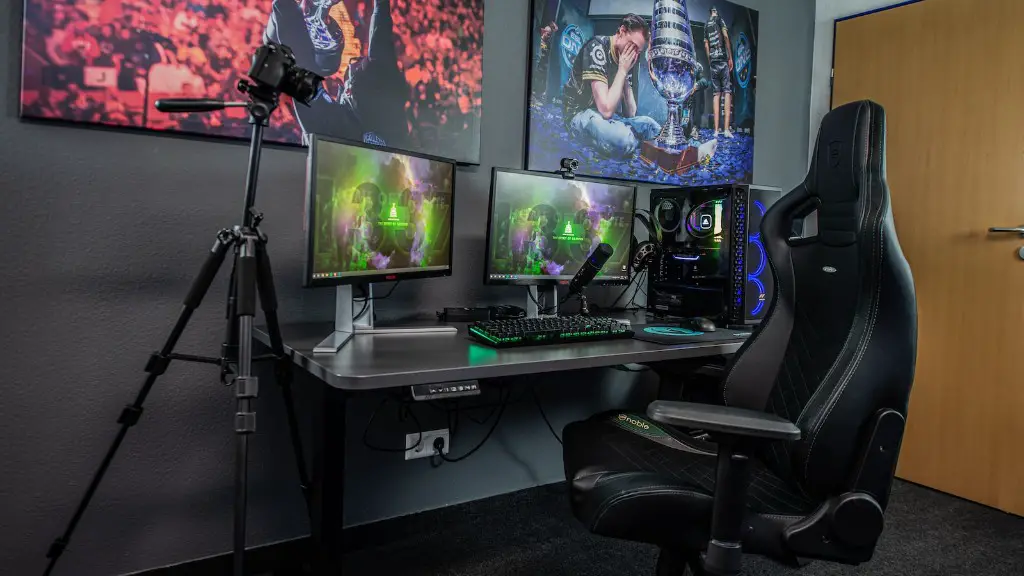A gaming PC is a personal computer designed for playing video games that require a high amount of computing power. Gaming PCs are similar to general-purpose computers, but they have some important differences.
It is possible to upgrade a gaming PC. However, it is important to consult with a professional to determine which upgrades will be the most beneficial for the type of games you play.
Can you upgrade a prebuilt gaming PC?
In most cases, you can upgrade a prebuilt PC by replacing components like the graphics card, RAM, hard drive, SSD, power supply, and peripherals. The most important factor to consider when upgrading a prebuilt PC is motherboard compatibility. Make sure to check for compatibility before making any changes to avoid any potential issues.
If you’re having difficulty loading pages, live streaming or having slow response times, it’s worth considering upgrading or replacing your memory. Increasing the computer’s memory can benefit gamers because response times will be quicker, frame rates will be improved and games will run smoothly.
Can I upgrade my CPU in my gaming PC
Upgrading your processor can improve the efficiency of your computer, but it can be quite involved. You need to make sure that your motherboard and memory are compatible with the new processor. Also, check that your current cooling system will accommodate the upgraded CPU.
If you have a limited budget, upgrading your PC is generally cheaper than buying a new one. You only need to buy the parts you need, like a CPU and GPU. This can be a great way to save money and get the most out of your current PC.
Is it better to upgrade your gaming PC or buy a new one?
If you’re not getting the speed you want from your current computer, it might be time to consider upgrading or replacing it. Upgrading your computer can bring you more speed and storage space at a fraction of the cost of a new computer. However, you don’t want to put new components in an old system if it’s not going to deliver the speed increase you want. Ultimately, the decision of whether to upgrade or replace your computer depends on your needs and budget.
32GB of RAM is considered high and is generally overkill for most users. For most everyday use and basic tasks such as web browsing, email, and basic office work, 8GB of RAM is more than enough. Even for gaming or video editing, 16GB is typically sufficient.
What is the lifespan of a gaming PC?
Some gamers may be able to expect their gaming desktop to last for around 5-7 years while others could potentially get more than 10-12 years out of theirs without replacing or upgrading parts. The lifetime of a gaming desktop depends on a number of factors, including the quality of the components, how well the desktop is cared for, and how often it is used. Desktops that are used for gaming purposes tend to have a shorter lifespan than those that are used for other purposes, such as work or school.
The lifespan of a desktop PC can be anywhere from three to eight years, depending on the quality of the components and how well the computer is maintained. Dust is a major problem for PC components, so it’s important to keep the computer clean and free of dust buildup.
Do gaming PCs need more than 16GB
If you’re looking to game on a PC, you’ll want to make sure you have at least 16GB of RAM. This will ensure that you can run newer games without any issues, and you’ll be able to leave other background tasks running without impacting your gaming performance.
A processor is the main component of a computer system, it executes the instructions of a computer program and is the center of the computer’s memory. The speed and power of a processor determine how well a computer system will perform. A more powerful processor will help with tasks such as streaming or running multiple programs at the same time. Large amounts of RAM will help with multitasking but will primarily improve performance in complex programs and operations.
Should I upgrade my RAM or CPU for gaming?
Adding faster RAM to a gaming PC can help improve game performance and frame rates. This is because faster RAM can help the processor and graphics card to work more efficiently. However, it is important to note that the benefits of faster RAM will be more limited than if you were to upgrade the processor or graphics card.
If you’re looking to improve your frame rate, it’s important to consider both your CPU and GPU usage. If your GPU usage is high, around 80-90%, then upgrading your CPU will help to improve your frame rate. However, if your GPU usage is low, around 50%, then upgrading to a better CPU could potentially double your frame rate.
How much does it cost to upgrade your PC
If you’re looking to purchase a new computer, you can expect to spend anywhere from $600 to $1,500, depending on the model and type of machine you choose. Laptops tend to be on the more expensive end, while desktop computers are typically less expensive. However, it is important to keep in mind that the price range can vary greatly depending on the specific machine you’re looking at.
Four- or five-year-old computers may feel a bit slow but can still be used after upgrading. Use the Crucial System Advisor to find extra memory that’s compatible with your system; we recommend 8 GB for new computers (for most people).
When upgrading a PC What should I upgrade first?
If you’re looking to get the most out of your gaming PC, there are a few key upgrades you should consider. Firstly, increasing the amount of RAM will help to improve overall performance. Secondly, upgrading your storage solution will ensure that you have plenty of space for all your games and other data. Thirdly, upgrading your graphics card will give you a significant boost in terms of visual fidelity and framerates. Finally, upgrading your processor will provide a noticeable improvement in speed and responsiveness. In terms of peripherals, it’s worth considering an upgrade to your keyboard and mouse if you’re looking to improve your gaming experience.
As a rule of thumb, PC hardware falls off the pinnacle of performance every 2 to 4 years and becomes obsolete every 8-10 years. This statement leaves four years to adjust and incrementally upgrade a system, prolonging the life of a system by switching out most components.
Final Words
Yes, you can upgrade a gaming PC. You can upgrade the CPU, GPU, RAM, and storage. You can also upgrade the motherboard and case.
There is no simple answer to this question as it depends on a number of factors. If you are looking to upgrade your gaming PC, it is important to consider your budget, the type of games you play, and your current system specifications. With these factors in mind, you can then begin to research specific components that would best suit your needs. Ultimately, whether or not you can upgrade your gaming PC depends on your individual situation.




